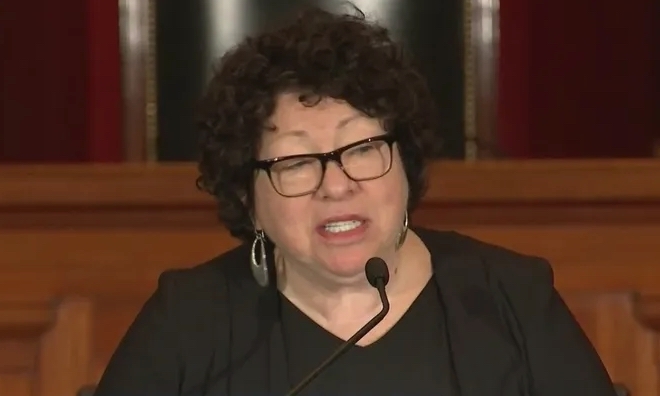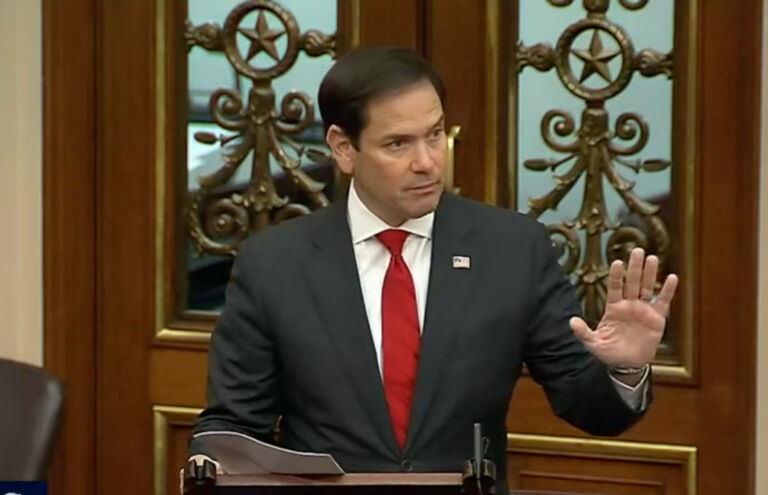Kevin Kosar of the American Enterprise Institute analyzes the impact of Republican retirements from Congress.
To date, twenty one Republicans have said they are departing the House of Representatives. This number does not include the GOP legislators who already left, such a George Santos, the disgraced fomer representative from New York.
As a general proposition retirements from Congress are not inherently bad. There are instances where members are not up to the job anymore or perhaps they just were never good to begin with but voters never quite saw reason to vote them out.
When I look at the list of Republicans who have announced they will not run again for office I see a few of them who won’t be missed. These individuals were not particularly effective legislators. …
… That point noted, unfortunately for the GOP, I see a lot of high quality members of the House who are departing. Rep. Mike Gallagher (WI), Rep. Michael Burgess (TX), and Rep. Brad Wenstrup (OH) are just three examples. Will they be replaced by legislators who are as serious about governing? We will see. For sure, when they leave their experience goes with them, and whomever wins each of these seats is unlikely to be as effective for some time. Being a good legislator takes time to learn. So too does earning the trust of colleagues within the party and across the aisle. Oh, and lest the truth be forgotten, getting things done in Congress necessitates building majorities—bipartisan ones.
Particularly troubling about the Republican departures is that the party is losing seasoned chairpersons. These are people who lead committees and therefore have great sway over policymaking and oversight of the executive branch. GOP chairperson departures include Kathy McMorris Rogers (WA), Kay Granger (TX), Patrick McHenry (NC), and Mike Gallagher. These are individuals who are experienced at the grubby and often exasperating work of bargaining with fellow committee members and leadership to create legislation that can gain majority support. They also have experience overseeing the executive branch, and holding agencies’ feet to the fire.


